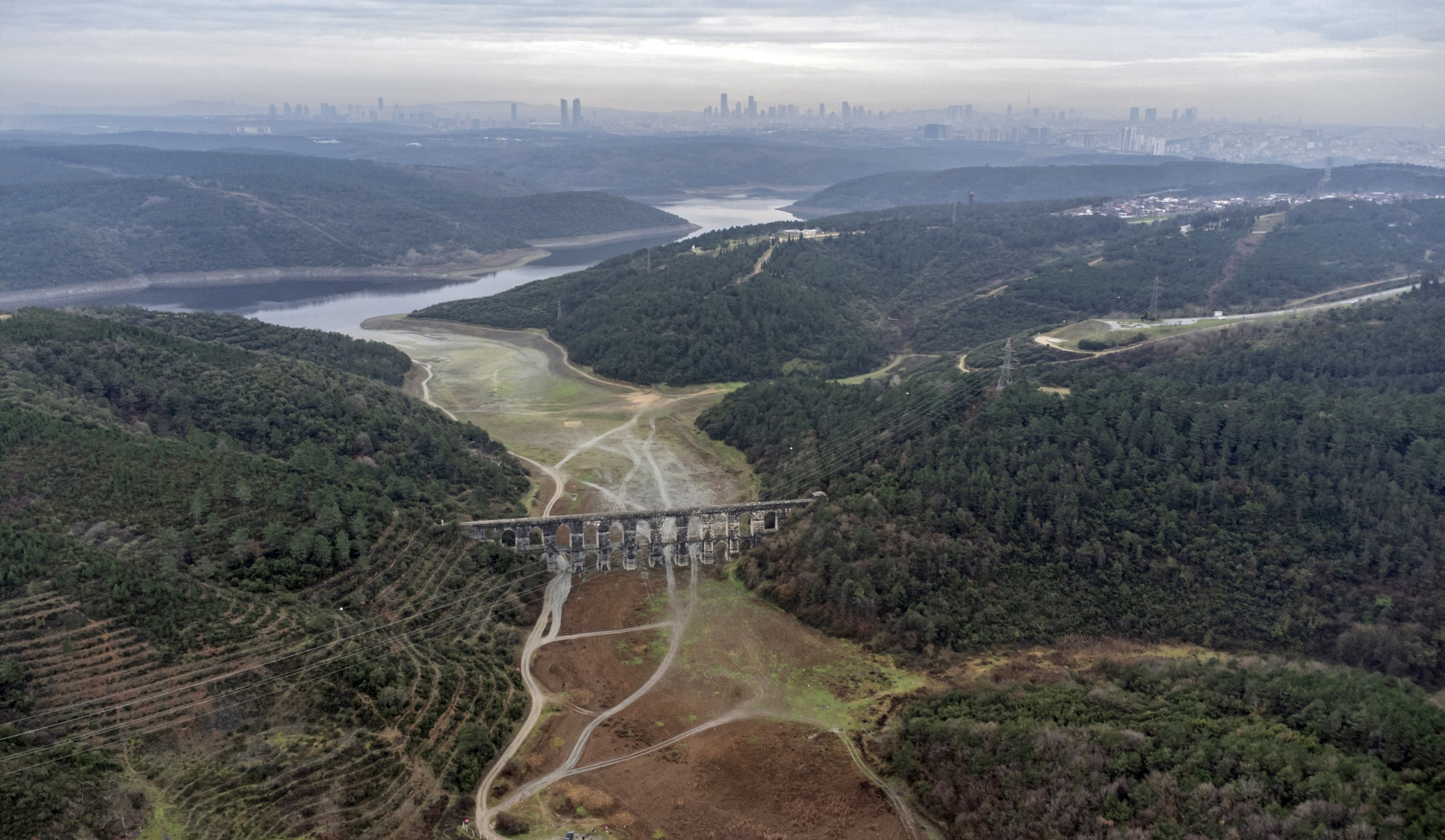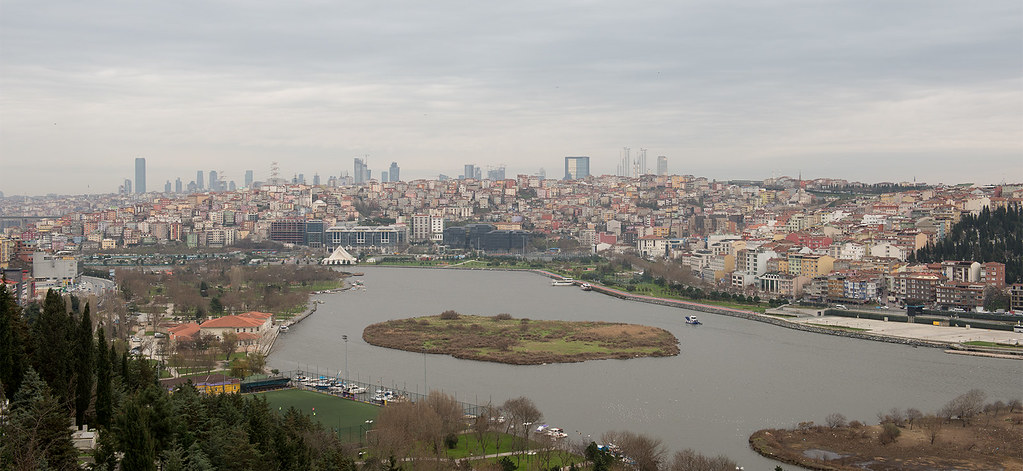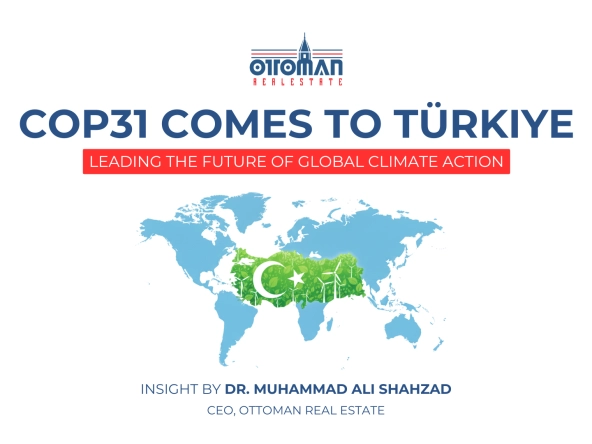
How Istanbul is Overcoming the Threat of Water Scarcity?
Water scarcity is one of the most pressing challenges facing megacities around the world, and Istanbul is no exception. With a rapidly growing population, climate change effects, and increasing urbanization, the city has faced periodic droughts and water shortages. However, instead of succumbing to this crisis, Istanbul is taking proactive steps to secure its water future. Through a combination of large-scale infrastructure projects, technological innovation, and sustainable urban planning, the city is implementing solutions to ensure a steady water supply for its millions of residents.
- Diversification of Water Sources
One of the most effective ways to combat water scarcity is by reducing reliance on a single water source. Istanbul has been expanding its water supply network by tapping into various resources, including rivers, reservoirs, and even exploring the potential for desalination.
The Melen Water Project
The Melen River Project is a critical initiative designed to supplement Istanbul’s water supply. This project brings billions of cubic meters of water annually from the Melen River, located over 180 kilometers away, ensuring that Istanbul has an alternative supply during periods of low rainfall. The project has already helped mitigate the impact of recent droughts.
Rainwater Harvesting and Groundwater Usage
The city is encouraging rainwater harvesting at both residential and commercial levels, promoting the collection and storage of rainwater for non-drinking purposes like irrigation and sanitation. Additionally, controlled groundwater extraction is being explored as an emergency backup, though this approach is being managed carefully to prevent depletion.
- Improving Water Efficiency and Reducing Waste
Water scarcity is not just about supply—it’s also about how efficiently water is used and managed. Istanbul is addressing this by improving its infrastructure to minimize water loss and promoting responsible consumption.
Upgrading Water Infrastructure
A significant portion of Istanbul’s water supply used to be lost due to leakages in old pipelines. The local water authority has
been actively repairing and modernizing the water distribution system, which has substantially reduced water loss and improved efficiency.
Public Awareness and Conservation Programs
The government and environmental organizations are running public awareness campaigns to educate residents about the importance of water conservation. These initiatives encourage responsible usage, such as fixing leaks, using water-efficient appliances, and reducing excessive consumption in daily activities.
- Expanding Wastewater Treatment and Recycling
Istanbul has been investing heavily in wastewater treatment plants to recycle and reuse water wherever possible.
Treated wastewater is increasingly being used for industrial purposes, park irrigation, and agricultural activities, reducing the demand for freshwater.
Greywater Recycling Initiatives
Greywater—wastewater from sinks, showers, and washing machines—is now being repurposed for non-drinking uses in various parts of the city. New residential and commercial buildings are being encouraged to install greywater recycling systems to further optimize water usage.
- Strengthening Reservoirs and Water Storage Facilities
Istanbul depends heavily on its reservoirs and dams, and efforts are being made to enhance their capacity and efficiency. Some of the key reservoirs, such as Ömerli, Terkos, and Büyükçekmece, have been undergoing maintenance and expansion
projects to ensure they can store more water during wet seasons and distribute it effectively during dry periods.
Exploring Underground Water Storage
To further enhance resilience, Istanbul is investigating the feasibility of underground water storage systems. These systems can store excess water collected during rainy seasons and release it when needed, ensuring a steady supply year-round.
- Climate Change Adaptation and Sustainable Urban Planning
Climate change is a significant factor in water scarcity, and Istanbul is taking steps to mitigate its impact through sustainable city planning and environmental conservation efforts.
Forest Conservation and Green Spaces
Forests play a crucial role in maintaining the water cycle by preserving groundwater and reducing evaporation. The protection of Belgrad Forest and other green areas surrounding water reservoirs is a key priority. Additionally, the city is promoting green spaces and permeable surfaces in urban areas to improve rainwater absorption.
Smart Water Management Technologies
The city is investing in advanced water monitoring and management systems using AI and IoT technology. These smart systems help detect leaks, optimize distribution, and forecast future water needs based on consumption patterns and climate data.
Conclusion: A Model for Other Megacities
Despite the looming threat of water scarcity, Istanbul is proving that proactive planning and innovation can make a difference. By diversifying its water sources, improving infrastructure, recycling wastewater, expanding storage capacity, and adopting sustainable practices, the city is securing its water future.
As other megacities around the world face similar challenges, Istanbul’s approach can serve as a model for sustainable water management. The city’s ongoing commitment to innovation and environmental stewardship ensures that its residents will have access to clean and reliable water for generations to come.
Muhammad Ali Shahzad
March 2025


